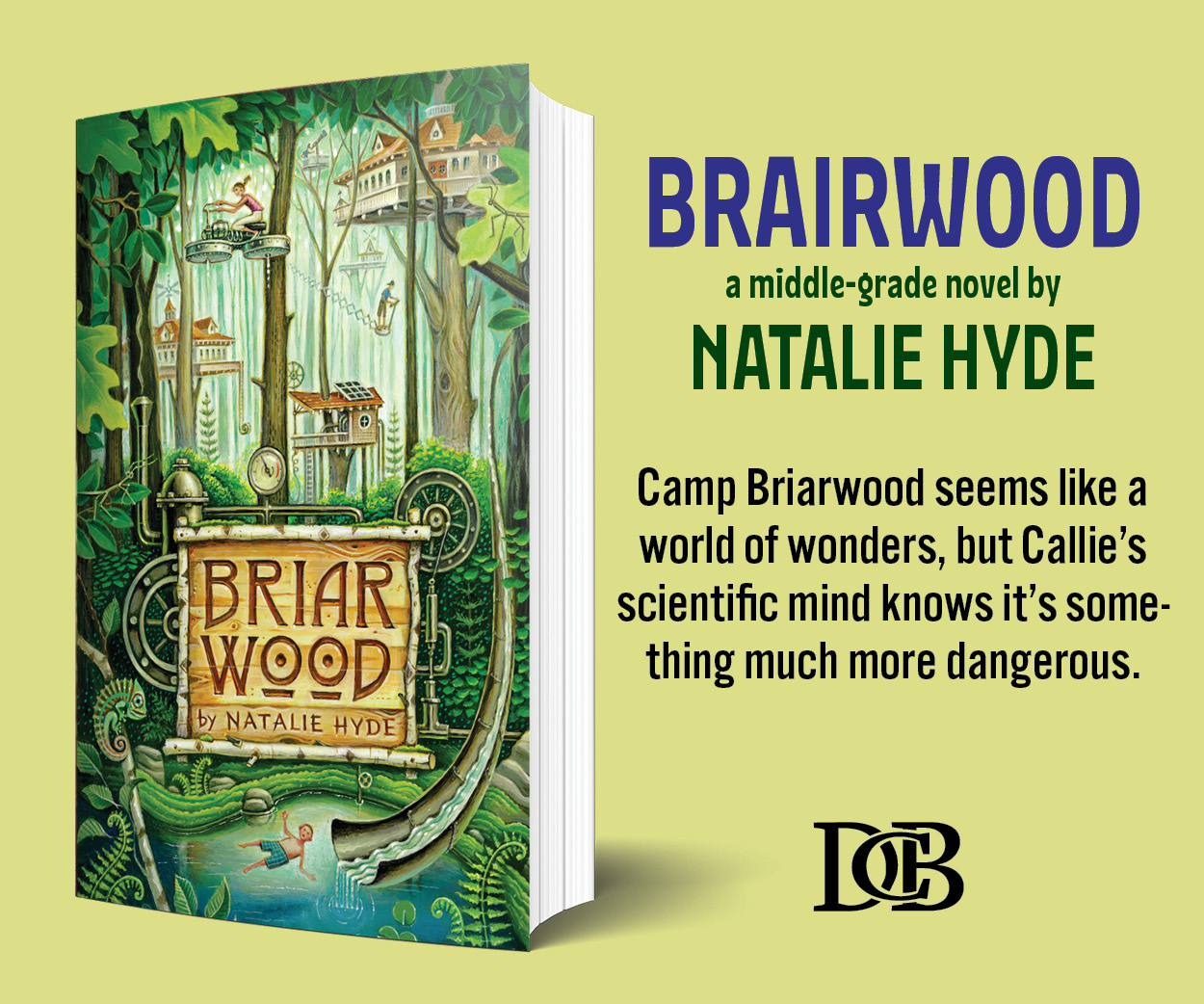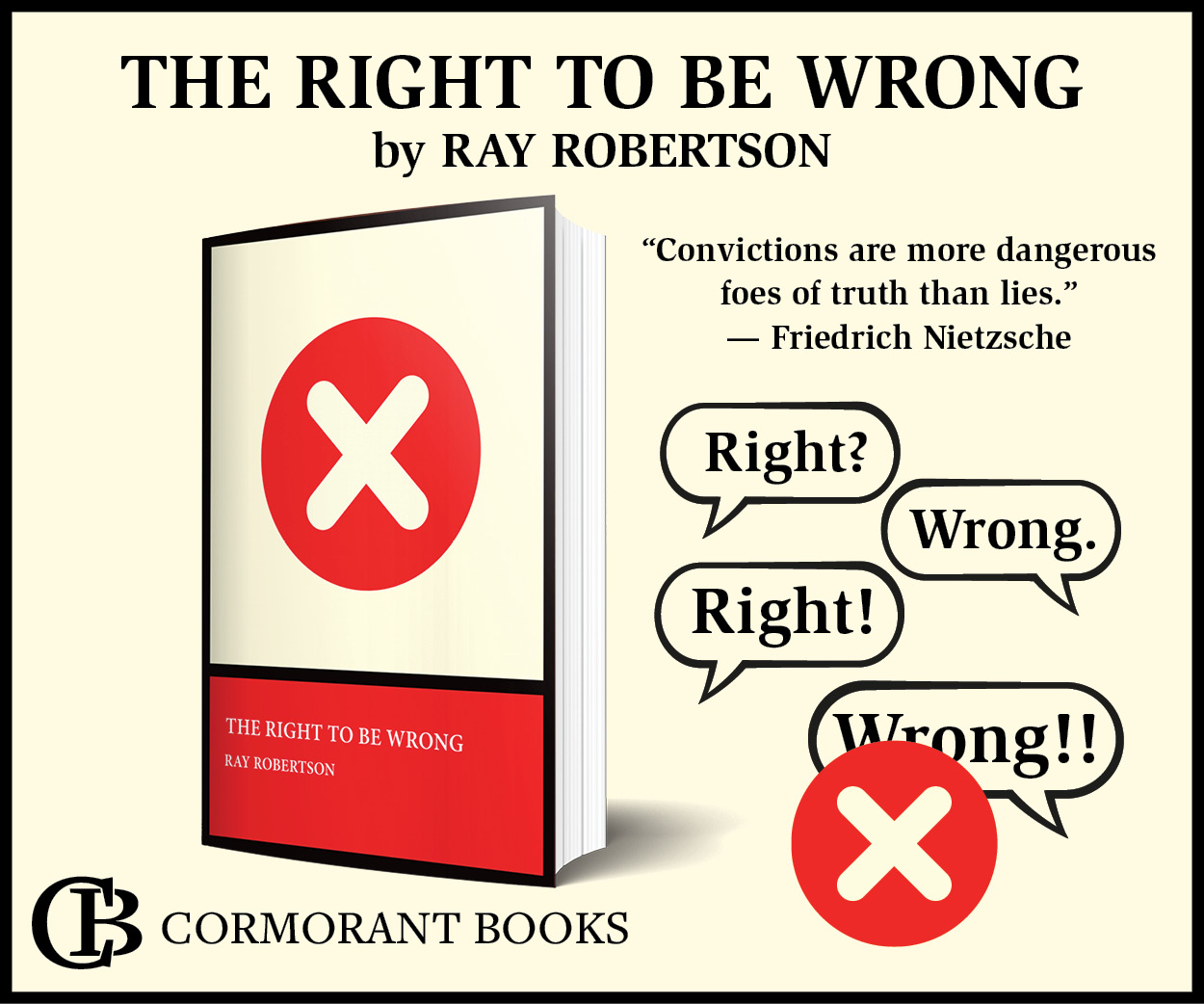An Etiquette Expert Weighs in on How to Handle the Most Awkward Questions Authors Get
By Liz Worth
“So is being a writer what you really want to do some day?”
This is a question that someone asked me when they found out I had just had a book published.
“Well, I’m doing it now, actually,” I said.
“Oh. Yeah. I guess you are.”
As awkward and potentially inappropriate as it was, I could see where this was coming from. My first book had been out for a few months and I was working a day job. If I hadn’t had the job, the question probably wouldn’t have come up. A different scenario might have been assumed instead.
I was also once asked, “So how much do you make per book? Because my friend is a writer and he says he only gets about ten cents for every book he sells.”
But these are the types of questions that writers dread. And it doesn’t seem to matter where you are in your career path. It doesn’t seem to matter if you’re working on your first book or you’ve just published your twentieth: Everyone wants to know how much writers make, if they can really live off their work, how their book sales are going, and how they really spend their time day in and day out.
These are the types of questions that make aspiring writers stay quiet about the manuscripts that they’ve been toiling away at on evenings and weekends, because it seems at every turn there’s something who’s ready to disqualify you as a writer: “Do you have a publisher yet? An agent? A backup plan?”
And for anyone who’s at least got one book under their belt, it’s: “Oh, so you self-published? Are you hoping for a real publisher one day?” Or, “How is your book selling? Is it paying the bills?”
In some ways, you can at least see where these questions are coming from, even if you can’t totally understand why. There remains a lot of mystique around writing. People see the completion of a book as a huge achievement, and achievement is often equated with some kind of success.
Your CanLit News
Subscribe to Open Book’s newsletter to get local book events, literary content, writing tips, and more in your inbox
Interestingly, it doesn’t always seem like other artists get the same type treatment. Pulling from my own experience, I remember that whenever I’ve had a band – something that I was always excited to talk about – no one would ever ask me about money. Or my next steps with it. Usually, people didn’t even care.
But when they found out I was a writer? Well, that was a whole different story.
And like my writers, I’ve struggled to know just how to address some of those awkward questions. It’s not that I have an issue talking about money, or about the reality of writing (spoiler alert: It’s very difficult to do and very difficult to make money from), because I think that helping people understand these things breaks down the mystique of it all and can help make it easier for all writers out there.
But I do have a problem with the way so many of these questions can be so back-handed: “How you anything I would have heard of?”
It’s also hard when someone’s questions can put you on the defensive, as though you suddenly need to justify your work, or the steps you’ve taken to get your book out into the world, or the rewards that come from writing that may not be monetary but are rewards all the same.
So I asked etiquette expert Louise Fox for some tips on how writers can address some of the most dreaded questions that people just love to ask.
“When it comes to any kind of question, if you feel uncomfortable answering it, then you don’t have to,” Fox says. “When people ask a question we assume that we’re compelled to answer them, but we’re really not. If we find it intrusive, or awkward, or we’re uncomfortable answering it, then we should have a few statements at our beck and call. One I use frequently is, ‘Well, it’s rather complicated’.”
Fox suggests instead to redirect the conversation once you’re given the floor to speak.
Awkward question #1: “Is your book making any money?”
“Change the subject,” Fox suggests for this one. “Say something like, ‘Well, it’s complicated right now. Why don’t you tell me: How long have you been in your business?’ You could also say, ‘I don’t really have that information now. The reports aren’t in yet.’ If it is selling really well and you feel like saying, ‘Yes it is,’ then why not? Or you could just say that anyway, regardless of what your book is doing.”
It’s not rude not to answer an intrusive question, Fox assures.
Awkward question #2: “How much do you actually make as a writer? Is it paying the bills?”
“If they’re asking that in a general way, you can say it varies depending on your market. If they’re asking specifically, you can get a little humorous: ‘Are you going to do my income taxes? You must be my accountant.’ Is that rude? No. They’re rude for asking. Are you asking how much money they make? Just say, ‘I’m uncomfortable answering that question’. Just move on. People are curious, and sometimes thoughtless in their curious, so try not to take offense.”
Fox adds that one exception to this may be if you are doing a conference or panel discussion for aspiring writers, where the audience may have questions about whether they can expect to make money off of their own work.
“You can also say that the potential to make money as a writer is from zero dollars to a million or more,” Fox adds. “And sometimes writing a book isn’t about money. It can be about establishing credibility or something else entirely, and you can share that motivation instead of focusing on a dollar amount.”
Awkward question #3: “Have you written anything that I would have heard of?”
“Well, I’d have to know a little bit more about you before I could tell you that,” is Fox’s suggestion for this one. “’Tell me what you’ve read and I’ll tell you if I wrote it.’ Or you could just tell them, ‘You may not have heard of it.’ People shouldn’t be pinning you down, regardless of any profession you’re in. If you really don’t want to talk to them about it, you could just say, ‘It was very nice meeting you,’ and shake hands and exit.”
Awkward question #4 (for those who have self-published): “Are you going to get a real publisher one day?”
“I would say, ‘Well, I did get a real publisher – somebody printed the book’,” Fox says. “But you could also say, ‘It’s very complicated’. If it was a question coming from someone who could assist me in some way, then I might answer the question. But if it’s just Nosey Parker stuff I would just say it’s complicated. I don’t really like that question. It’s a bit rude. It’s like a back-handed slam that says your book isn’t good enough or worthy of being published. They don’t need to know what you’re doing with your writing.”
What are some of the most awkward questions you’ve had to answer, and how have you learned to handle them?
The views expressed in the Writer-in-Residence blogs are those held by the authors and do not necessarily reflect the views of Open Book: Toronto.
The views expressed in the Writer-in-Residence blogs are those held by the authors and do not necessarily reflect the views of Open Book.
Liz Worth is a Toronto-based author. Her first book, Treat Me Like Dirt: An Oral History of Punk in Toronto and Beyond, was the first to give an in-depth account of Toronto’s early punk scene. She has also released a poetry collection called Amphetamine Heart and a novel called PostApoc. You can reach her at http://www.lizworth.com, on Facebook or Twitter.


